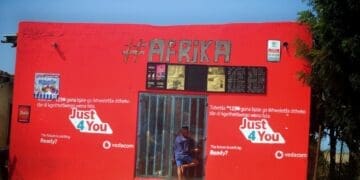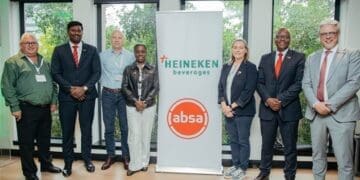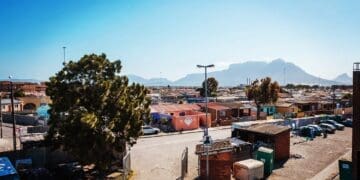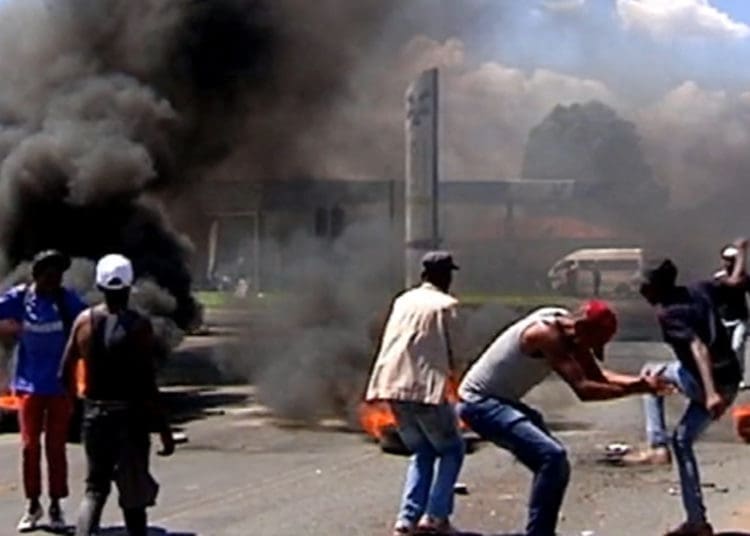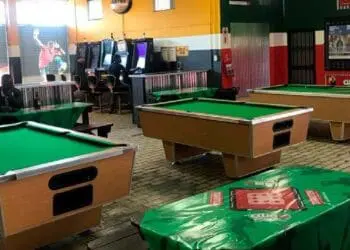The Emfuleni Municipality in Gauteng started registering informal traders this week, following a mass protest that saw them trashing Vereeniging town while being evicted.
They barricaded roads and dragged trash from nearby municipal recycle bins to prevent cars from passing by last week. They then took their protest to other parts of the CBD, forcing businesses to close. According to Emfuleni’s acting communications manager, Makhosonke Sangweni, the chaos erupted after the municipality’s Super By-law Unit and the police raided informal traders operating without a permit.
“The operation targeted several crime hotspots and areas in the CBD where violations of municipal by-laws were rife,” he said. “Hawkers found without operating permits were shut down and ordered to comply, and this led to a stand-off between law enforcement officers in the operation and angry vendors who stoned police vehicles and trashed the town.”
Sangweni said that since the raid, the municipality had decided to help hawkers get the correct permits to operate. The Local Economic Development Department commenced with a programme this week to register all hawkers in the Vereeniging’s CBD.
“All vendors are advised to visit the LED (local economic development) offices located at the OK Building on President Kruger Street in the Vanderbijlpark CBD to apply for permits,” he said.
The raids are common in South Africa. In its report titled “New Perspectives on Informality,” the Small Business Institute notes how informal businesses, like hawkers, are mostly harassed by the government.
“Much of the engagement of government with small business has to do with regulatory compliance, which for informal businesses often manifests in punitive ways, such as harassment or confiscation of goods, let alone the time it takes away from the business, access to computers or data, the cost of travelling from pillar to post,” the report reads.
The SBI also said that business analysts supported enabling rather than policing informal businesses.
It has urged municipalities to play a leading role in providing water points, ablution facilities, electricity points, sorting sites for waste pickers and other kinds of enabling infrastructure.


























